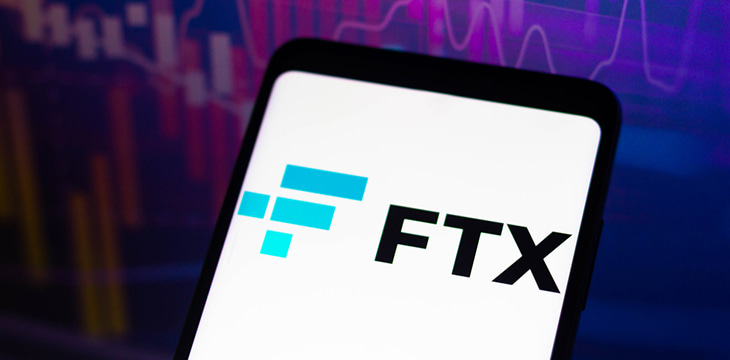|
Getting your Trinity Audio player ready...
|
Japanese authorities have issued a business suspension order against FTX Japan K.K., the local subsidiary of Sam Bankman-Fried‘s collapsed digital asset exchange.
The order, which was issued by the Financial Services Agency through its Kanto Local Finance Bureau, prohibits FTX Japan from conducting any business until December 9. FSA also ordered the exchange to hold all its assets domestically.
“It is necessary to take all possible measures to prevent a situation in which [Japanese customers’ assets] are leaked to a [foreign] affiliated company,” the order stated.
FSA’s action comes days after Sam Bankman-Fried filed Chapter 11 bankruptcy, signaling the collapse of a digital asset empire that was recently valued at $32 billion. Following an exposé that revealed the extent of interlinks between FTX and Alameda, and how SBF had been moving money from one entity to the other at will, investors became jittery, and a bank run ensued. Frantic efforts to raise billions from the likes of OKX, Bitfinex, Binance, and Tether failed, and SBF was pushed to the bankruptcy filing.
SBF, who very recently received all manner of praise and even branded the John Pierpont Morgan of the industry, is now being investigated for criminal misconduct in the Bahamas.
Despite being a separate entity from its parent company, FTX Japan halted withdrawals for its clients following the implosion. The exchange gave few details about when the withdrawals would resume.
In response, FTX clarified on social media that the Japanese subsidiary’s operations are independent of its parent company and that the two entities abide by Japan’s asset segregation laws.
We are following the guidance of the JFSA and will be putting https://t.co/XblZK9n7s1 into close-only mode @FTX_JP is a separate entity that strictly follows the Japanese regulation on asset segregation https://t.co/q3bYGEuNIw
— FTX (@FTX_Official) November 10, 2022
FTX Japan released a snapshot of its reserves over the weekend to further distance itself from the parent entity’s collapse, showing that its cold wallets held digital assets in excess of its clients’ assets. The snapshot showed that the exchange had $140 million in its wallets.
Despite the asset segregation, reports indicate that the exchange is in talks with legal experts about the extent to which the collapse of FTX will affect its operations.
Follow CoinGeek’s Crypto Crime Cartel series, which delves into the stream of groups—from BitMEX to Binance, Bitcoin.com, Blockstream, ShapeShift, Coinbase, Ripple,
Ethereum, FTX and Tether—who have co-opted the digital asset revolution and turned the industry into a minefield for naïve (and even experienced) players in the market.

 02-13-2026
02-13-2026 




